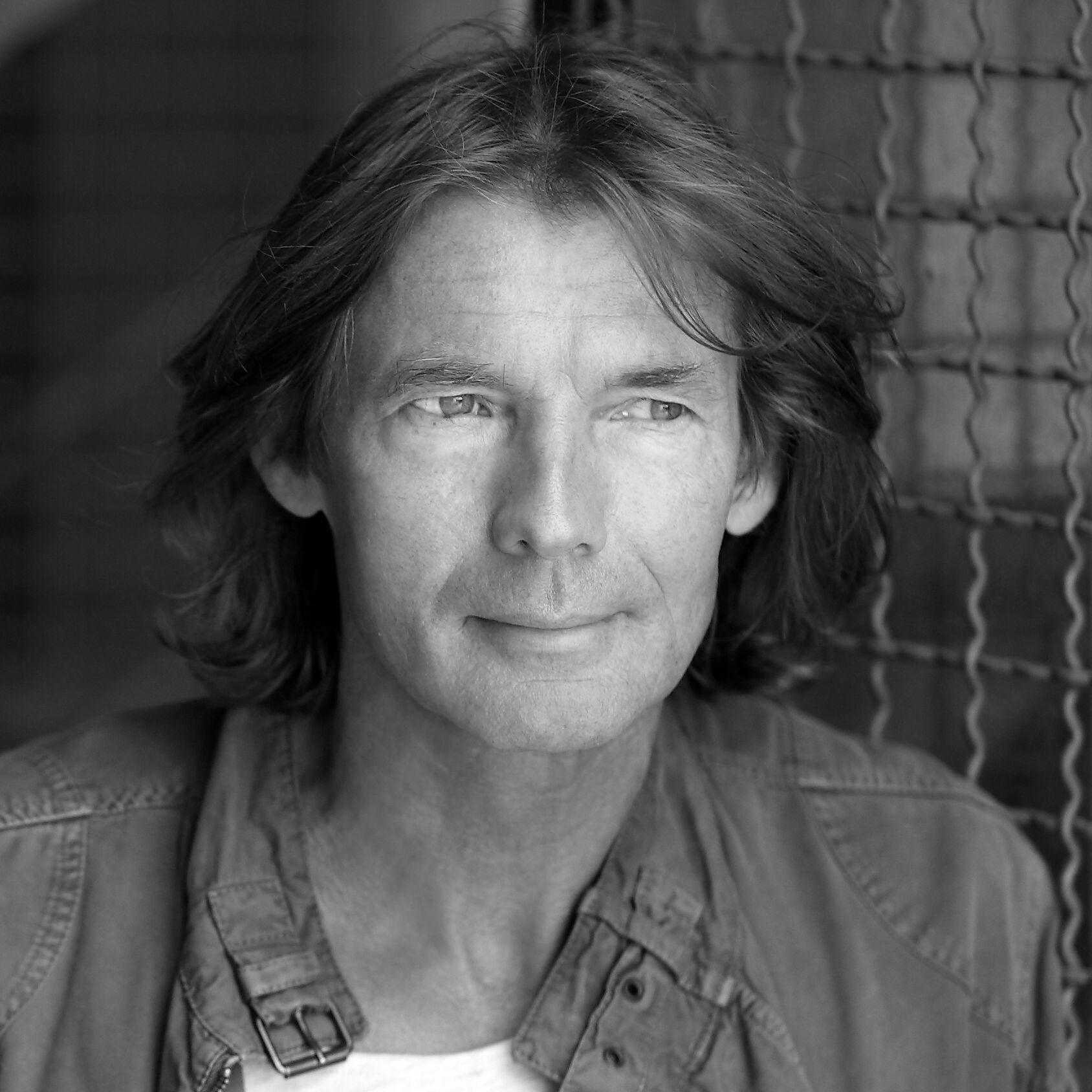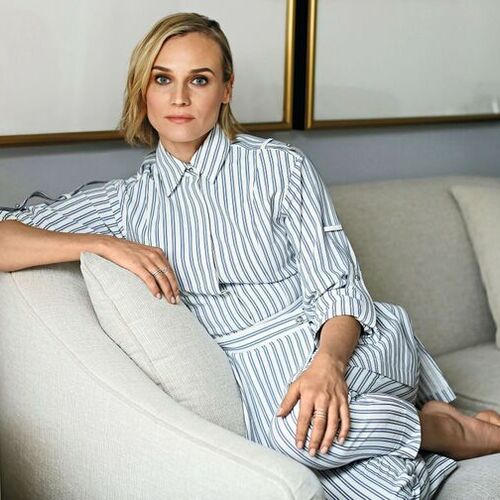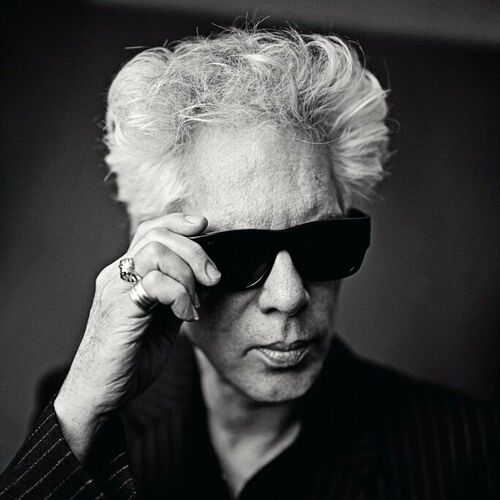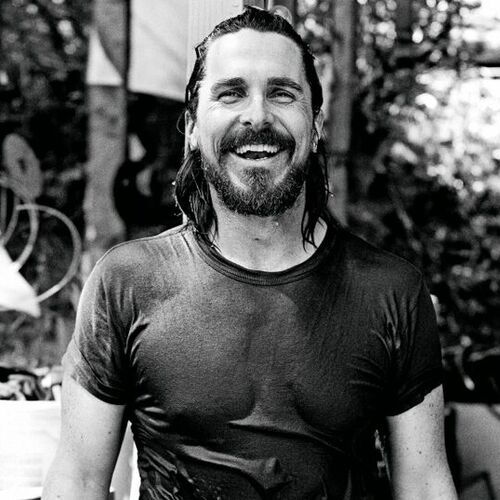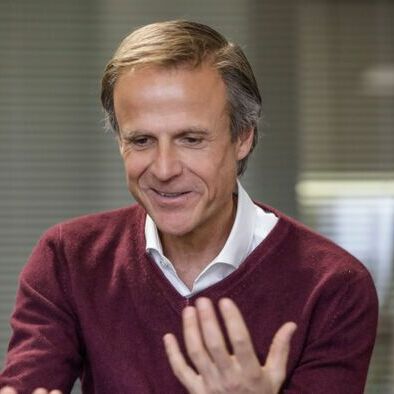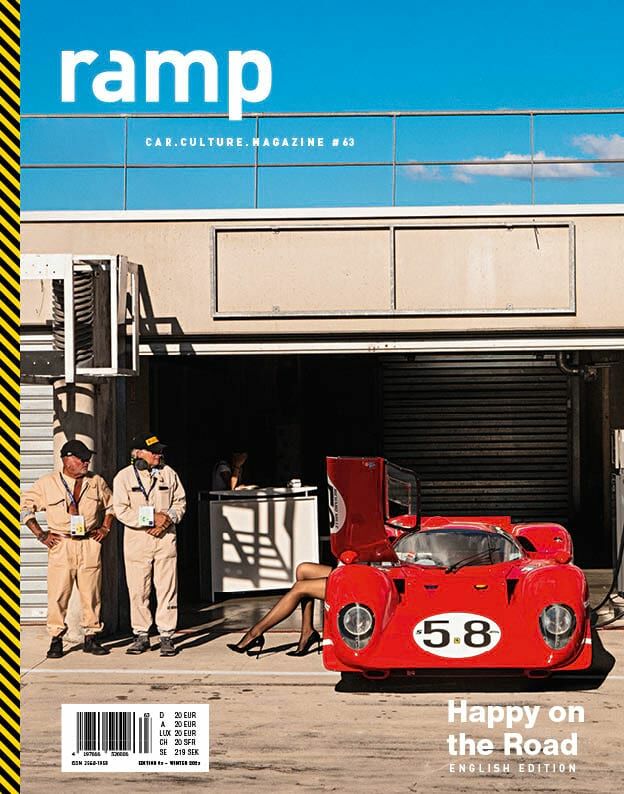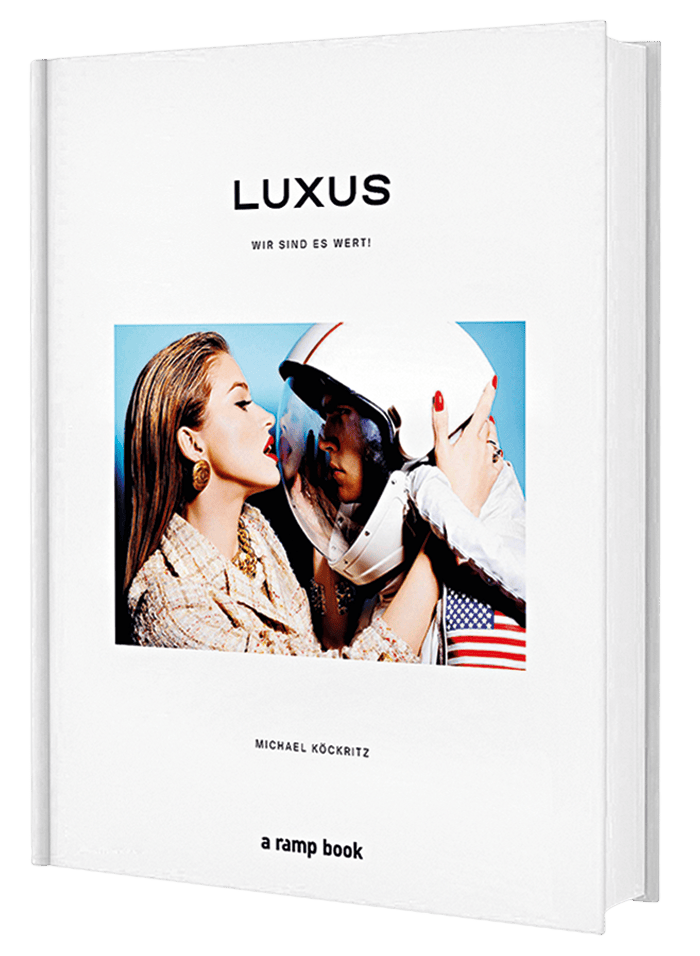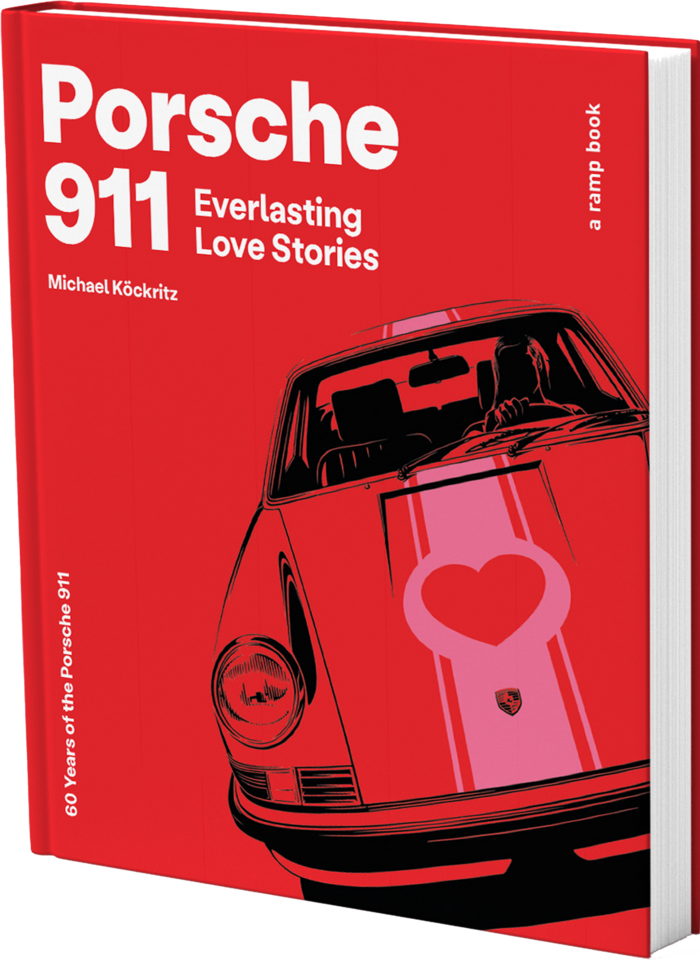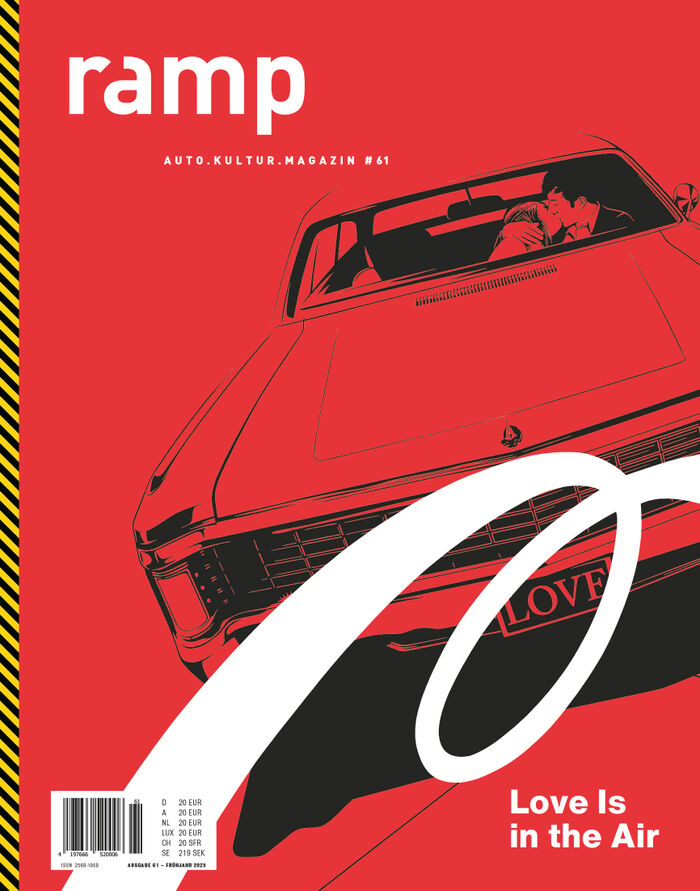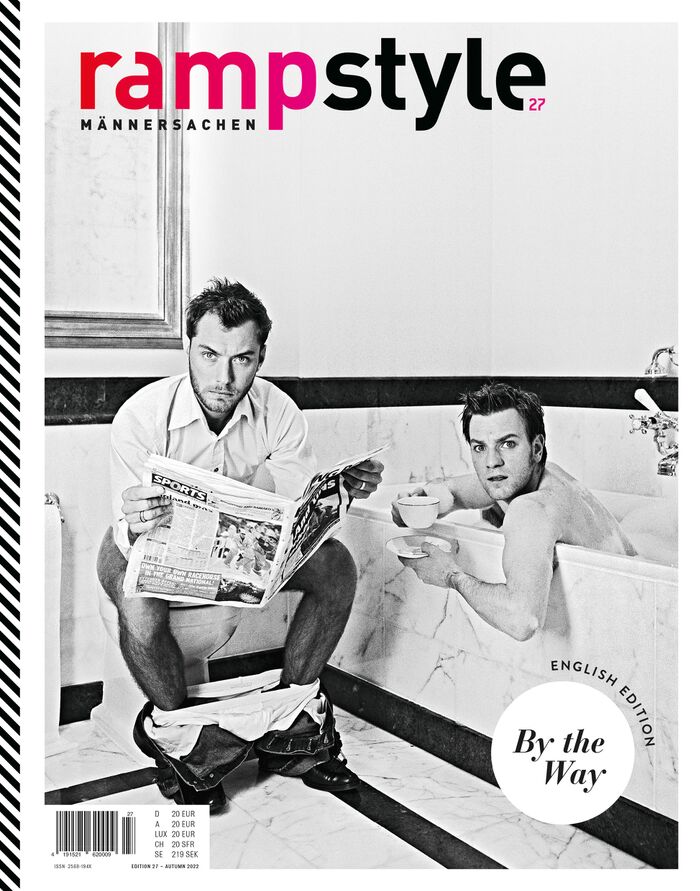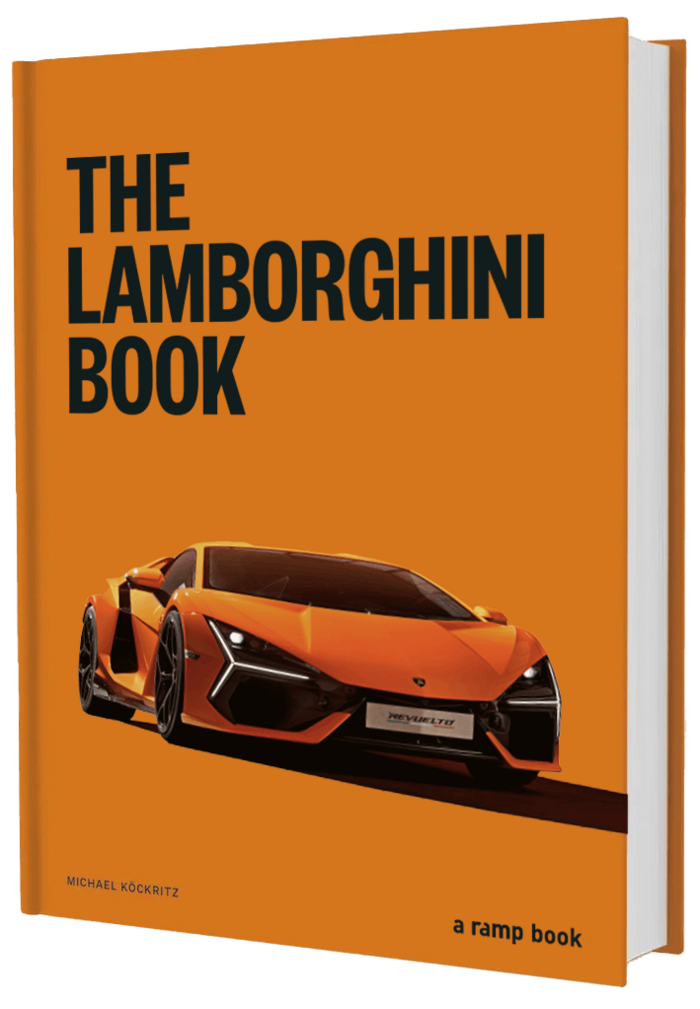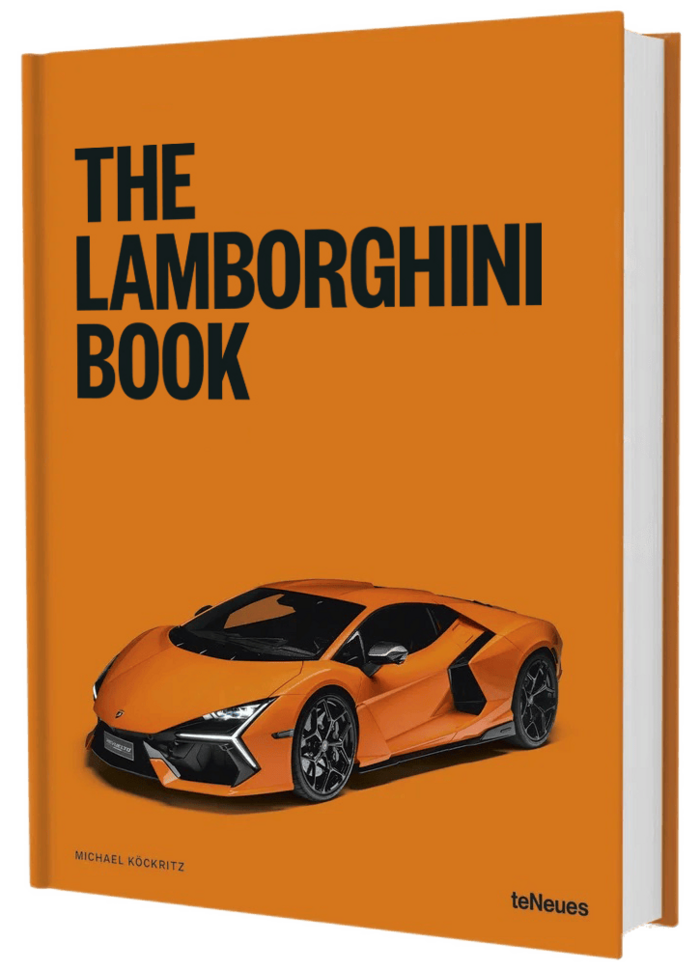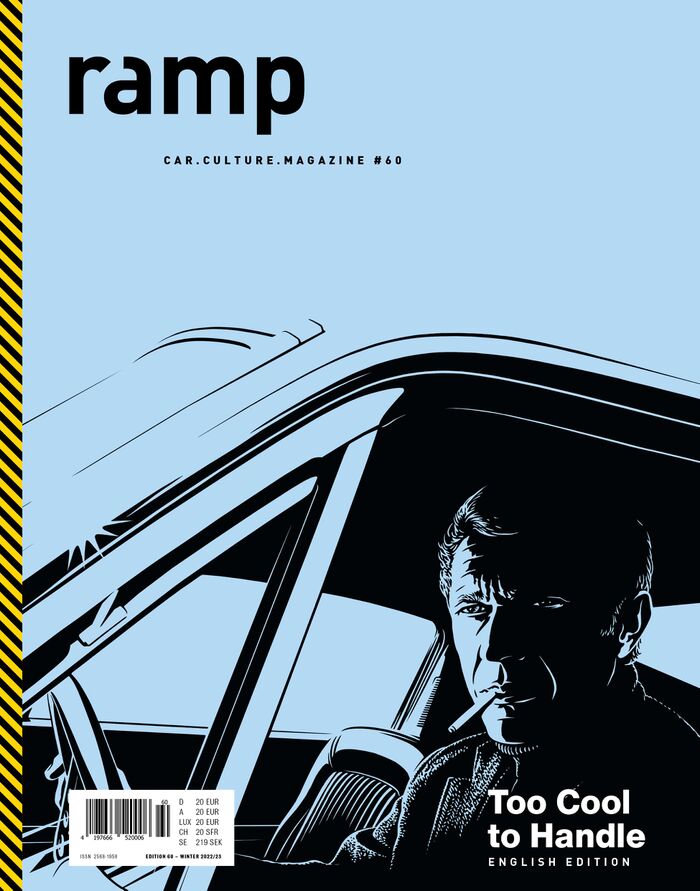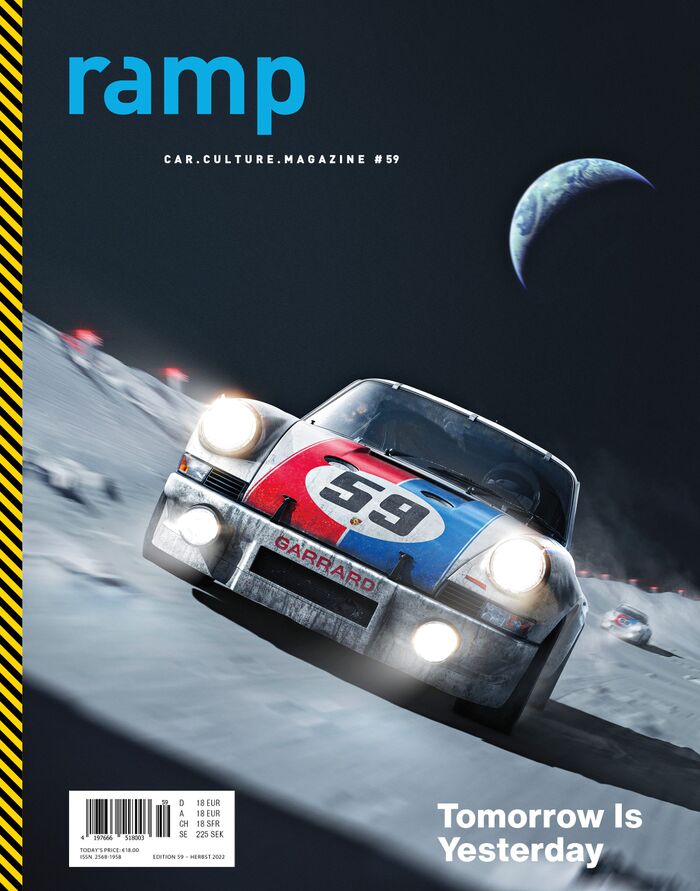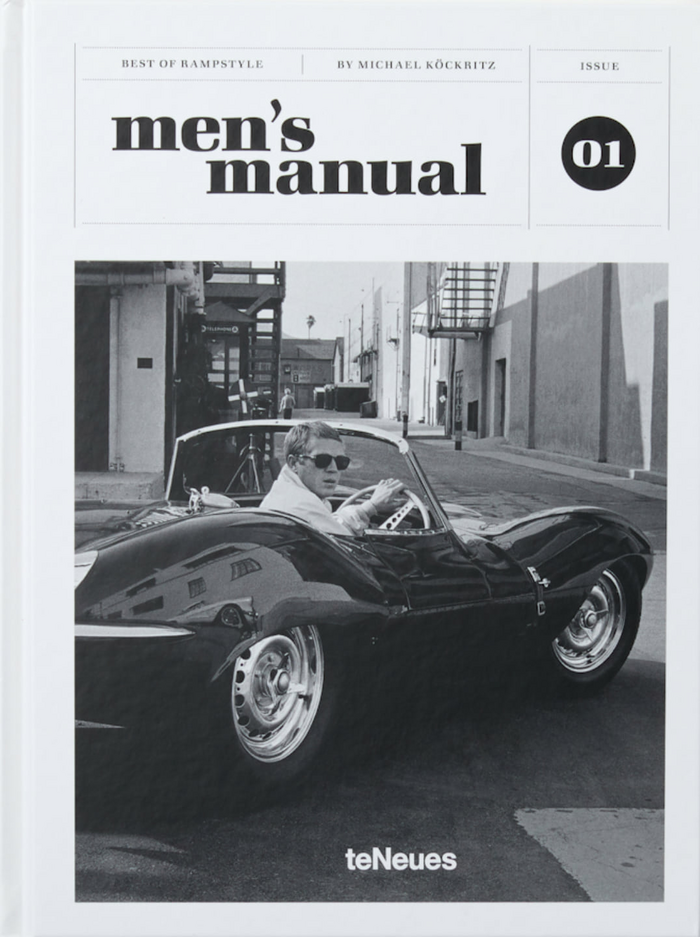Mr. Villhauer, who exactly are you?
I’m at least two things. I’m fascinated by economics, especially financial economics, and by the homo economicus. And I’m someone who wants to understand and comprehend things. So it’s no coincidence that I have two educational backgrounds: I trained as an industrial clerk first, have business experience, and then pursued a doctorate in philosophy.
What drives you?
I’m an extremely curious person. The type of person who really wants to know what’s behind things, how things work, and how everything is connected. This extreme curiosity applies to people as well as to the world in general.
You’re the managing director of the Global Ethic Institute. What exactly is that?
The Global Ethic Institute at the University of Tübingen brings together the world of business with the world of philosophy and ethics. We were founded ten years ago based on Hans Küng’s idea of a global ethic. Hans Küng was a Swiss theologian and author who was interested in what religions have in common. The golden rule, for example: “Treat others the way you would like them to treat you.” This rule can be found in Islam, Christianity and Buddhism – it thus forms the basis of a global community. What we are doing is we are looking at ethics in business and economics on the basis of this global ethic. So we’re looking at what unites us rather than what divides us. Given the current global situation – with the war in Ukraine and all the other wars around the world, the intense culture wars that we are experiencing in Germany, but even more so in the U.S. – it is precisely in times like these that I think it is important to ask: Where can we find reliable bridges, where can we find opportunities to talk to each other and exchange ideas? That is the basic philosophy of the Global Ethic Institute.
How does the economy fit into all this?
The economy is important because people are economic beings. Always and everywhere. Without an economy we wouldn’t be able to survive, without an economy there would be no livelihood, without an economy there is no food. Economy is an essential part of the way we organize our lives. And if we don’t have answers to the questions of where the opportunities for cooperation and common ground are in the economic sphere, we might as well let it be. One point is that we have to ask ourselves if there are ethical aspects to economic activities. The other point is that we can learn a lot from economic practice. Economics is dirty work, there’s resistance, there are some real strange things, exhausting stuff. But ethics has to get its hands dirty, otherwise it’s not ethics. I, for example, deal with issues of financial ethics. I learn a lot about how people can act well or make good decisions within the necessities of the financial industry. The need to generate returns, to invest profitably, to be able to assess risk, for example, and bringing all that together with my ethical experiences. In other words, economics learns from ethics, but ethics also learns from economics.

